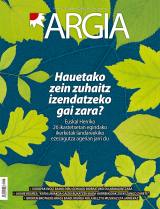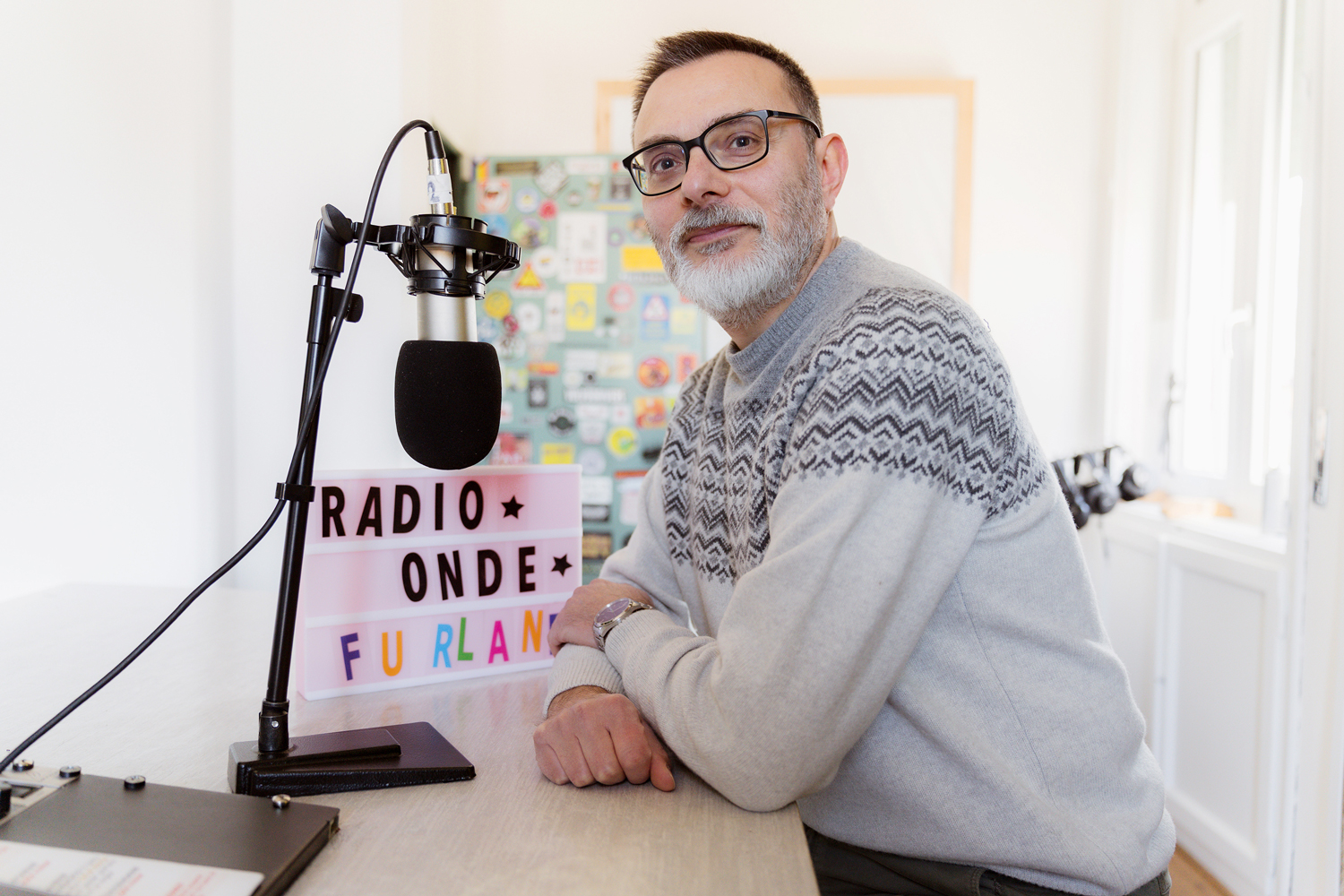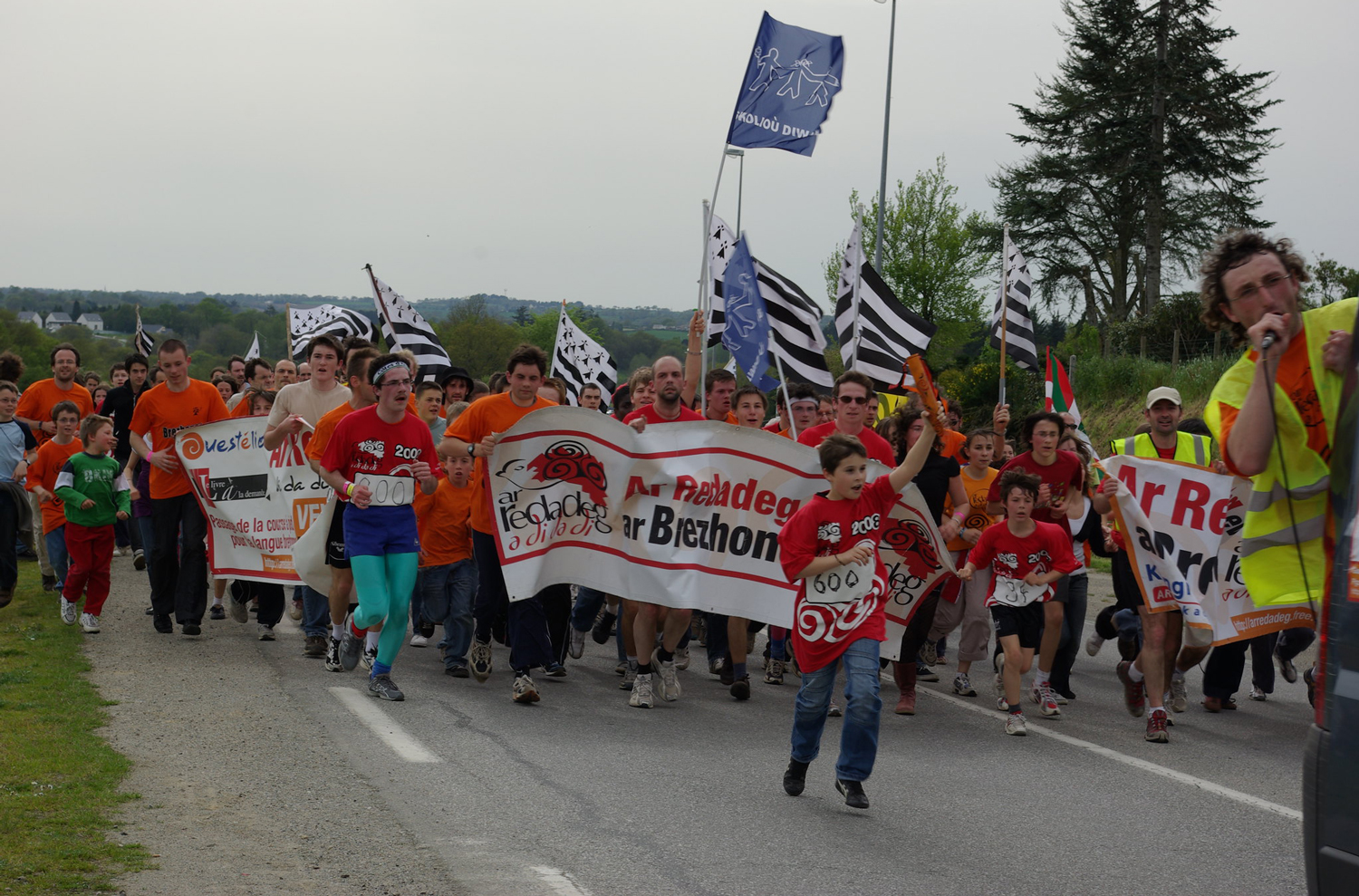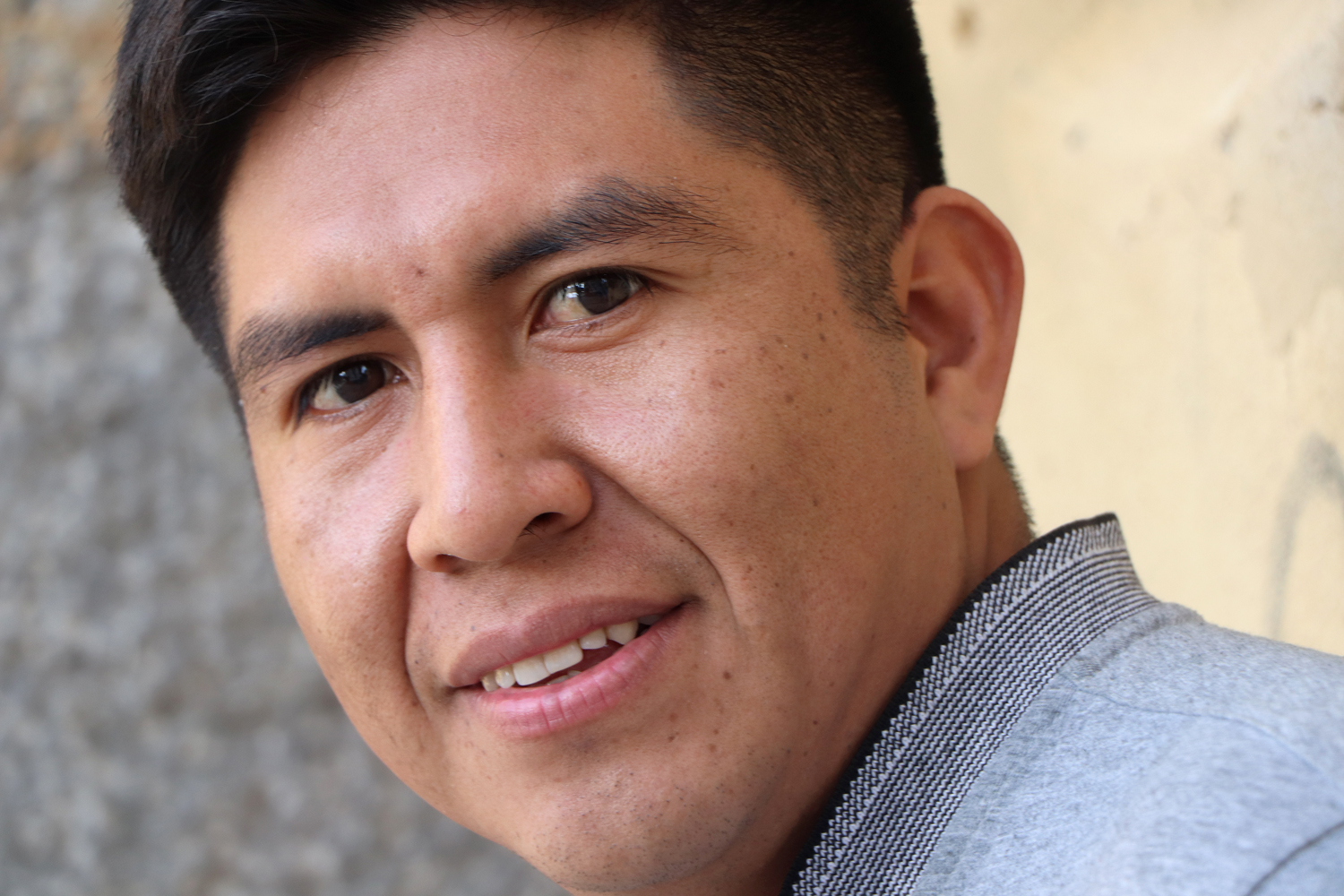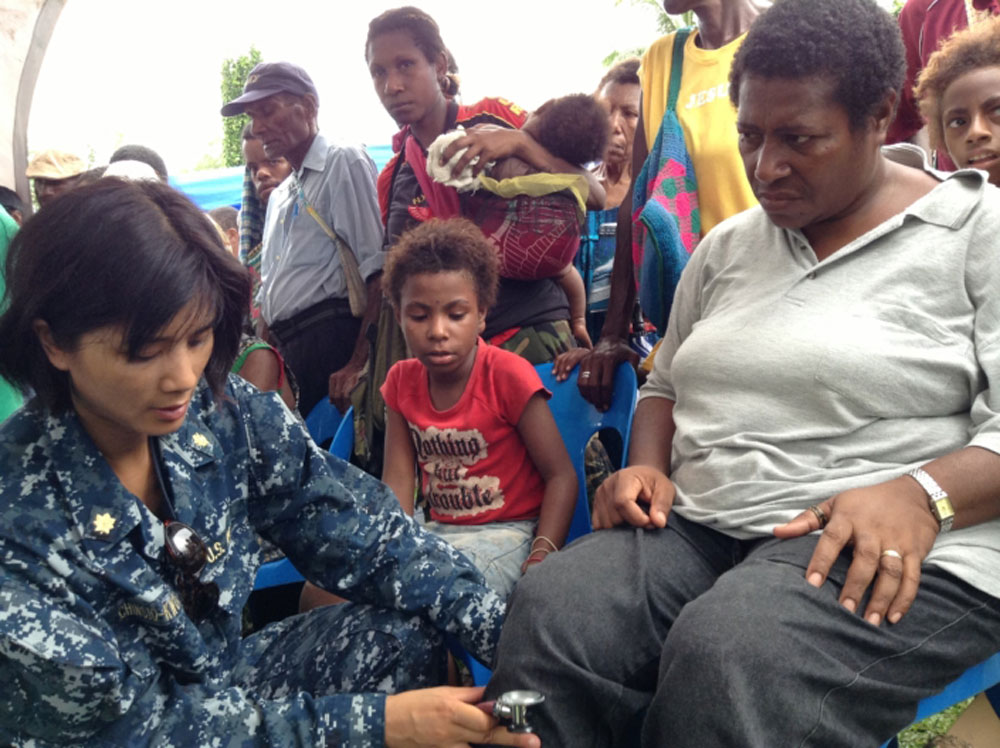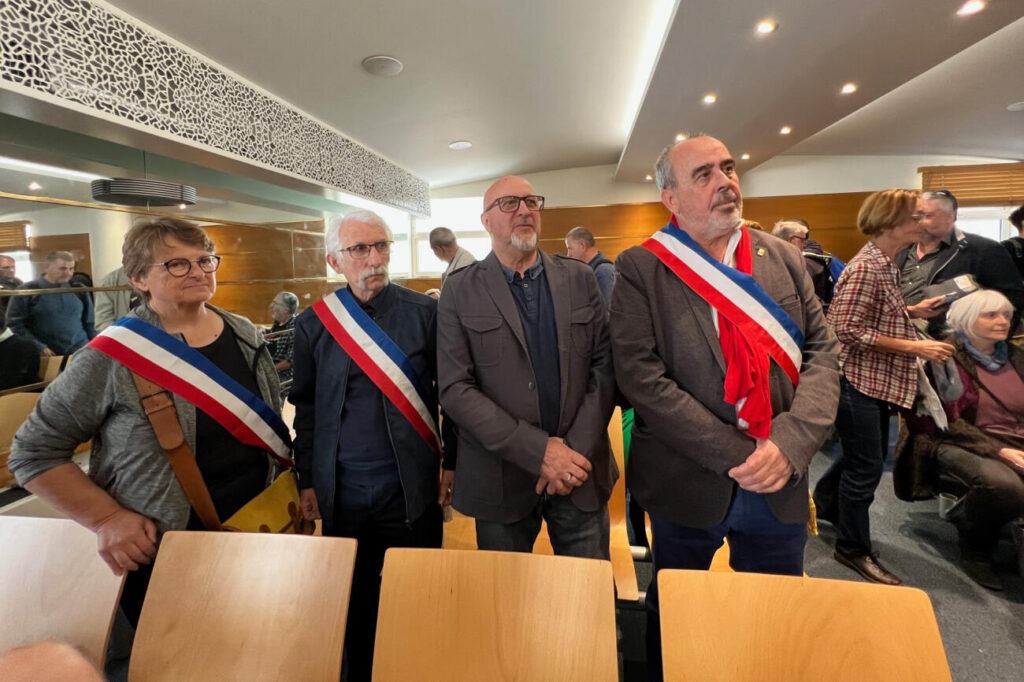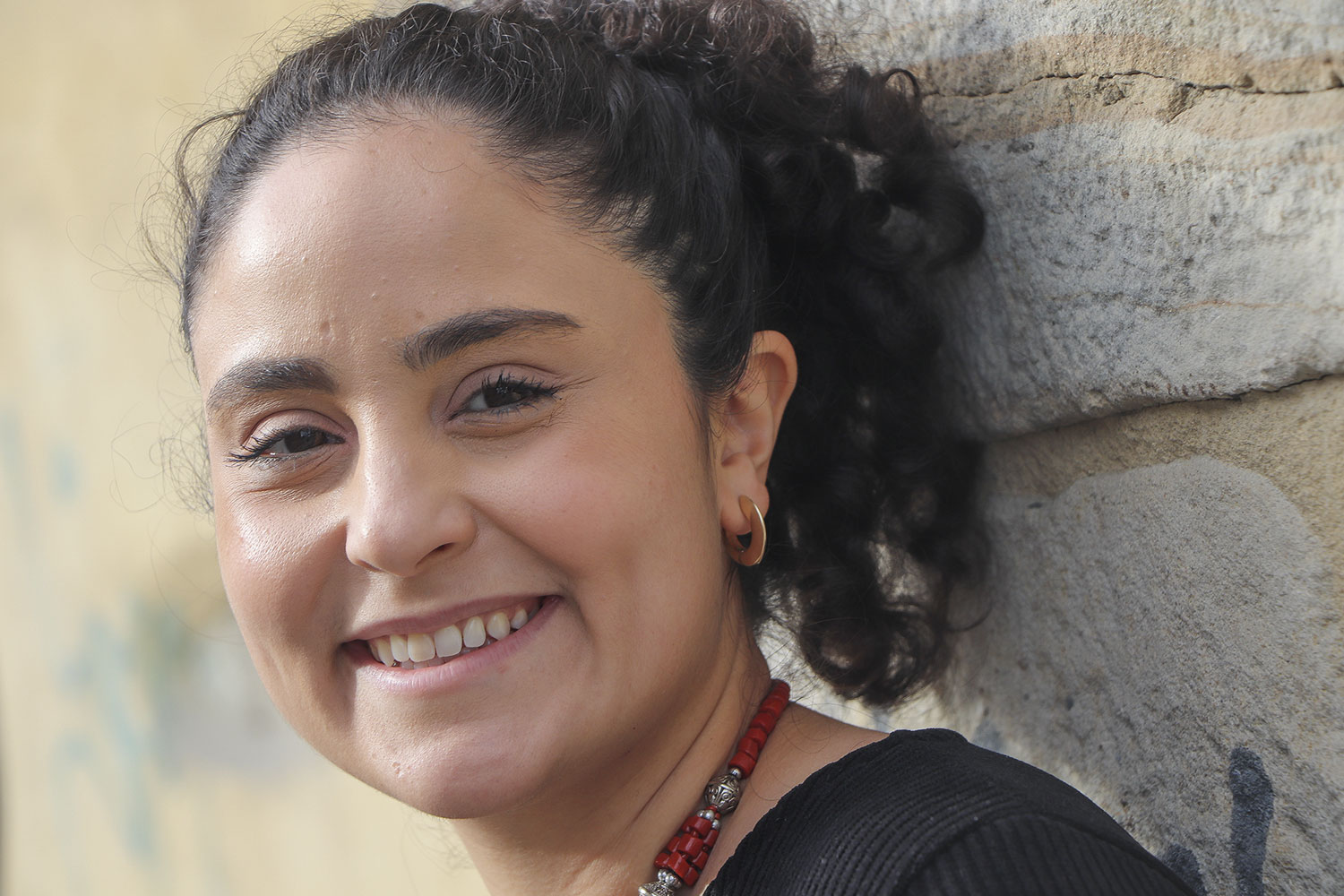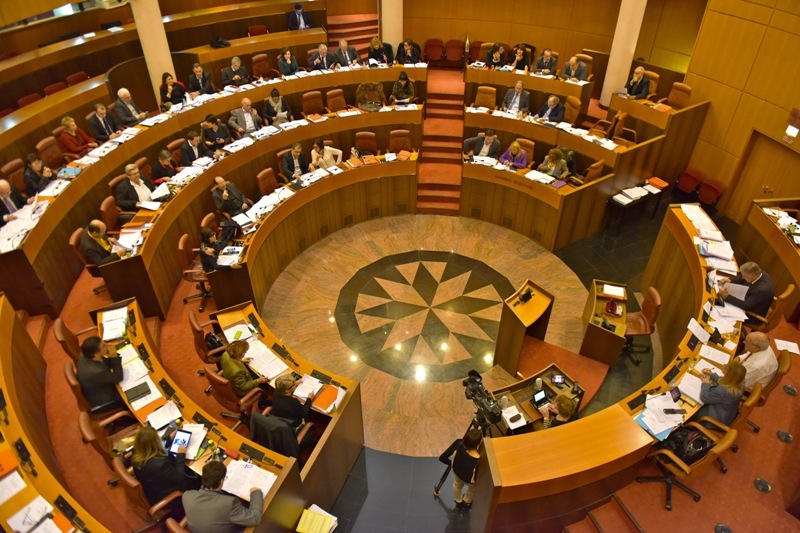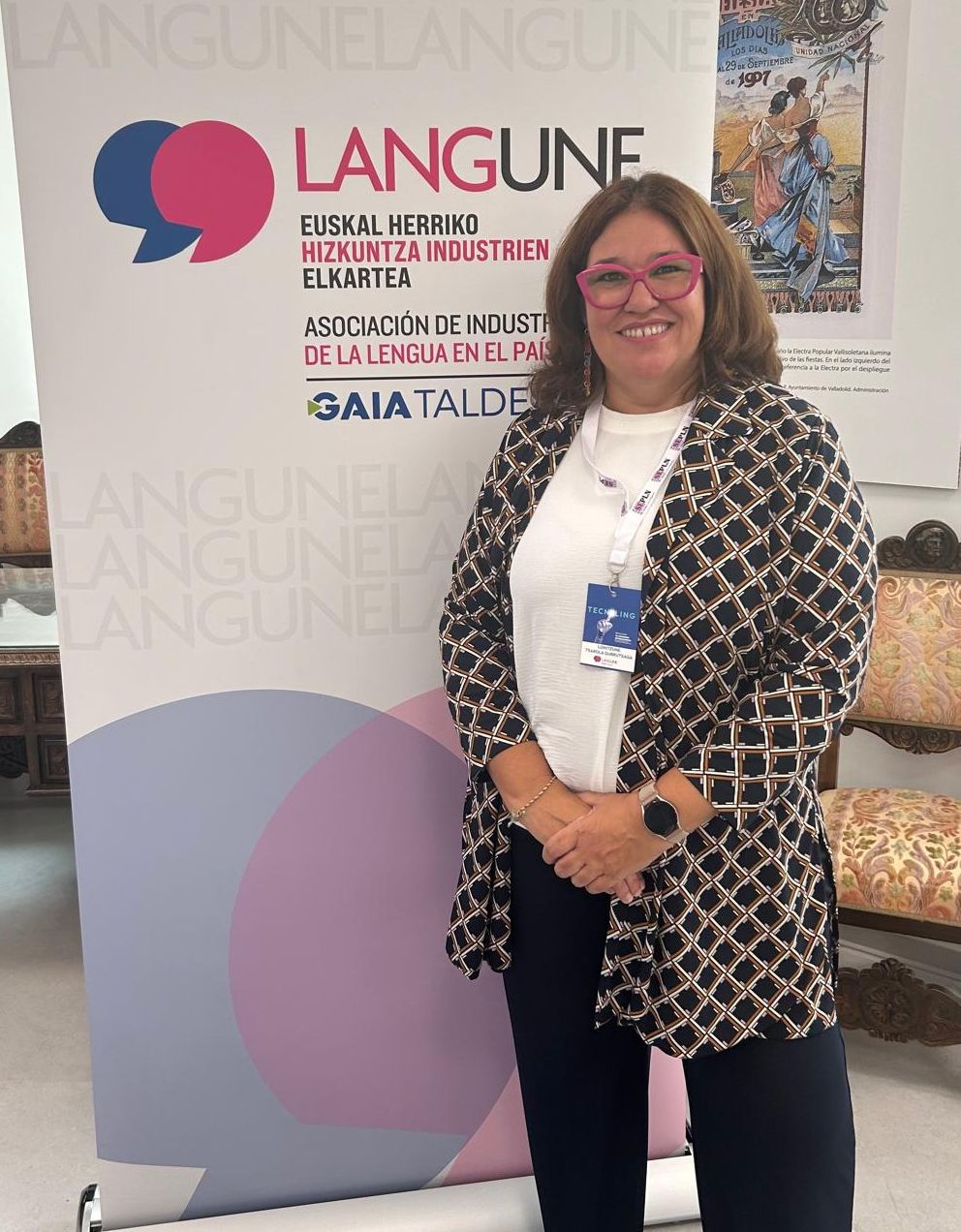"What less than understanding your national language?"
- From the Madrid academy, Juan Carlos Moreno Cabrera (Madrid, 1956) has denounced the abuses of what he calls Spanish language. However, it acts without a mouthpiece, firmly, protecting small languages and punching older people. He has come to Pamplona to talk about the linguistic situation of the foral community. And it is not bad: it perfectly reflects what he theorized in Navarre.
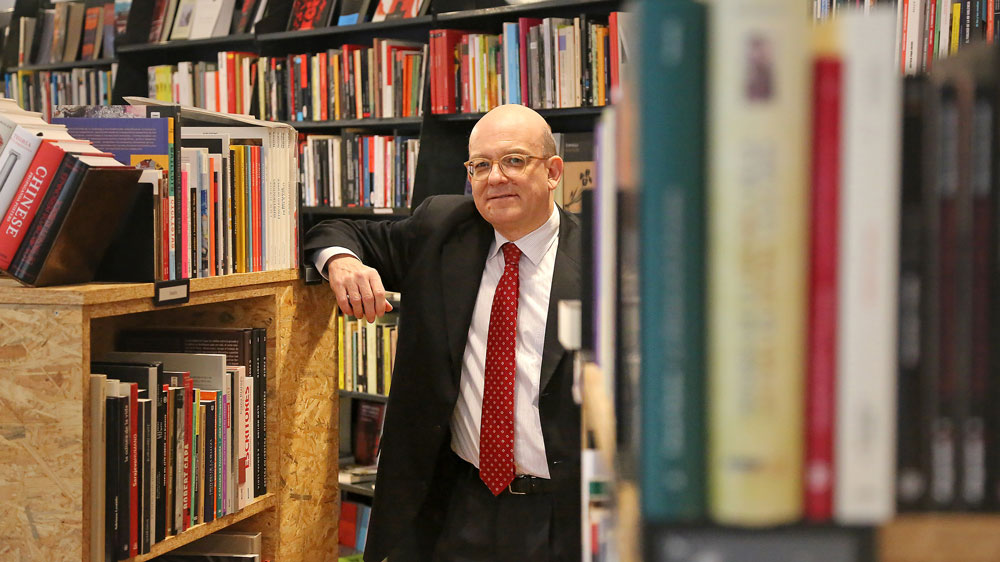
What is Spanish language?
It is an ideology that Spanish is above the surrounding languages. According to this, Spanish is the most useful language, the easiest to learn, the most suitable for communication and coexistence. It is an idea integrated in the speeches of people and institutions. And it's an invisible ideology, which you take for granted, without questioning. People don't see it, and they think those ideas are normal, their own. Thus, anyone who questions Spanish linguistic supremacism is considered a problem, a distortion, an identity idea that frustrates coexistence.
The other languages are the problem.
Yes. According to the Spanish ideology, Spanish is like the gas that spreads naturally. As a result of this expansion, other languages have been relegated, but not by Spanish, but by the natural tendency to extend Spanish, and by the natural tendency to restrict other languages. It's absolutely false.
What is the reason for this ideology?
Without further ado, there are power relations, oppressive and oppressed nations. The important thing is that it is not known that the oppressive nation is oppressive, because the moment it presents itself as an oppressor to others, one can begin to question people. It therefore presents itself as a natural and inevitable state in which the common good has been produced. Dependency relationships are presented as natural objective situations with which the development of society is related.
Navarre is no exception.
In Navarre, Spanish is the normal language of coexistence and communication. And note that Spanish is also not the original language of Navarre, since Navarre is the Romanesque language of Navarre. The Spanish came later, and it was imposed for political, demographic and economic reasons. However, it is said that the development and idiosyncrasies of Navarre is Castilian, and questioning it is a setback for Navarre.
Should all Navarros know Basque?
Yes, more taking into account the official role… is the Basque Country official in Navarre?
Well, it depends on the field.
That is true! It's crazy. Euskera must be an official language throughout Navarre. Otherwise, there seem to be three Navarre. If Navarre is the only geographical, political and historical entity, the Basque language should be the official language throughout Navarre and, therefore, all people in the area should know it, or at least understand it. Understanding, in fact, does not imply taxation. The only way for Navarros and Navarre to exercise their linguistic rights is for the understanding of the Basque Country to be compulsory, as they could continue to speak, knowing that the other person will understand it. This would be an important step both for the cohesion of Navarre and for coexistence and culture. What less than understanding your national language?
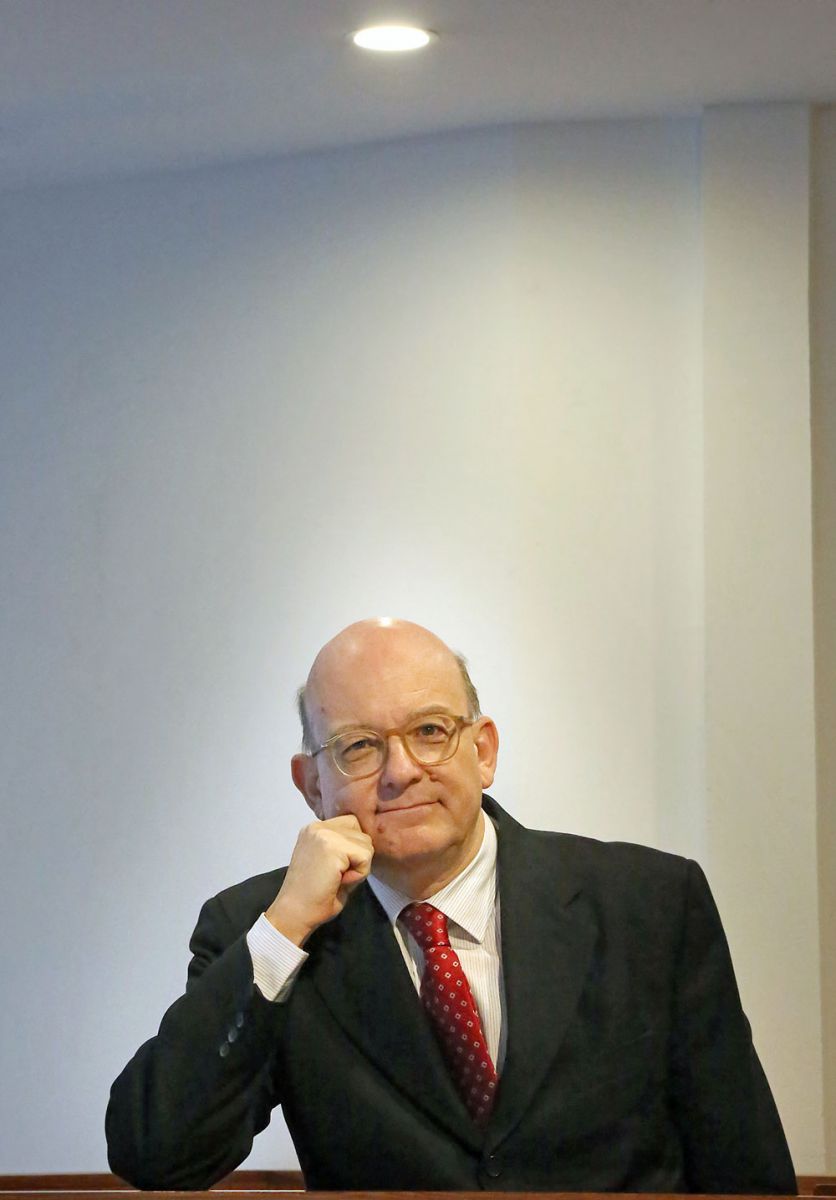
In recent times, educational lines in English have been strengthened. What does that mean? The
problem is that, to begin with, English is not the language of Navarre, it has never been, and it will never be. Putting English at the level of Euskera or Castilian is crazy, and it can have terrible consequences. English takes its place in foreign languages. To stand alongside the Basque is to put a Trojan horse, to be able to continue to reject the Basque. This shows, once again, linguistic supremacy, since English is not the essential language. It is a useful and interesting language and it is OK to learn, but it is not essential. Another problem is that English can open its doors if it is spoken well, but closes its doors if it is spoken badly. And look, 80 percent of the people who study English speak badly.
Does the Basque Country have a secure future?
No, if you stop pushing. A language that lives with a dominant language with unlimited political, economic and ideological dominance is always in danger. That is why we cannot lose sight of it, because what has happened in Ireland is happening: Irish Gaelic lives alongside a very powerful language and runs the risk of disappearing, even if it is compulsory and shown in schools. We must therefore continue to invest and strengthen the language.
The main language will always be there, even in a case of possible independence.
Yes. Armenia, for example, left the USSR and gained independence, and Armenian is the only official language. However, 70% of the books are in Russian. Why? Because it has a state next to it with 200 million speakers. That's why Harry
Potter's last book is translated into Russian, but not Armenian. And the child has to read in Russian.
Does the State not guarantee the survival of the language?
No. The Basque country will survive as long as the speakers use it, but this will require the support of the institutions.
Lagun asko sumatu dut kezkatuta euskaldun gero eta gutxiagok ahoskatzen duelako elle-a. Haur eta gazte gehienek bezala, heldu askok ere galdu du hots hori ahoskatzeko gaitasuna, idatzian ere nahasteraino. Paretan itsatsitako kartel batean irakurri berri dugu: altxorraren biya... [+]
570.000 familiak euren haurren ikasgeletako hizkuntza nagusia zein izango den bozkatzeko aukera dute martxoaren 4ra arte: gaztelera edo katalana. Garikoitz Knörr filologoaren eta euskara irakaslearen arabera, kontsultak "ezbaian" jartzen du katalanaren zilegitasuna... [+]
Iragan urtarrilaren hondarrean, Bretainiako lurraldeko bi hizkuntza gutxituei buruzko azken inkesta soziolinguistikoaren emaitzak publiko egin zituzten bertako arduradunek. Haiek berek aitortu zuten harriturik gertatu zirela emaitzak ikustean. Hain zuzen ere, egoerak eta... [+]
Oinarrizko maia komunitateko U Yich Lu’um [Lurraren fruitu] organizazioko kide da, eta hizkuntza biziberritzea helburu duen Yúnyum erakundekoa. Bestalde, antropologoa da, hezkuntza prozesuen bideratzaile, eta emakumearen eskubideen aldeko aktibista eta militante... [+]
Korsikako legebiltzarkideek ezin dute Korsikako Asanblean korsikeraz hitz egin, Bastiako Auzitegiaren 2023ko epai baten arabera. Ebazpen horri helegitea jarri zion Asanbleak, baina debekua berretsi du orain auzitegi berak. Epaiak tokiko beste hizkuntzei eragiten diela ohartarazi... [+]









